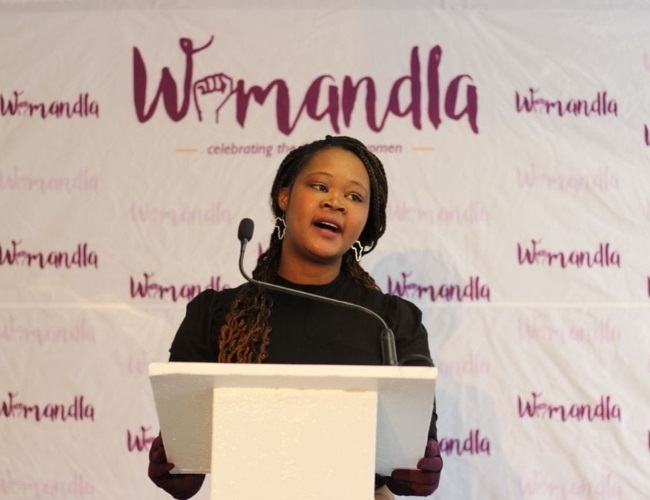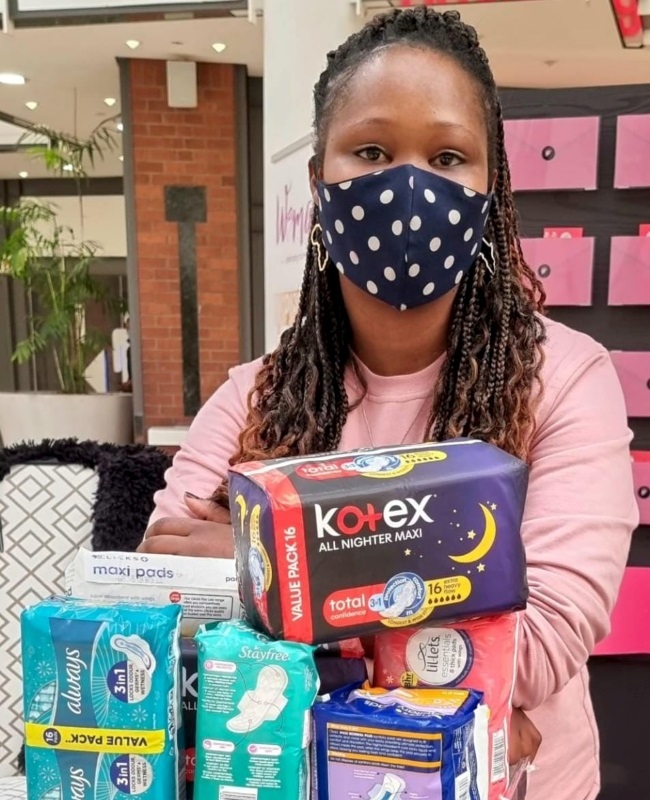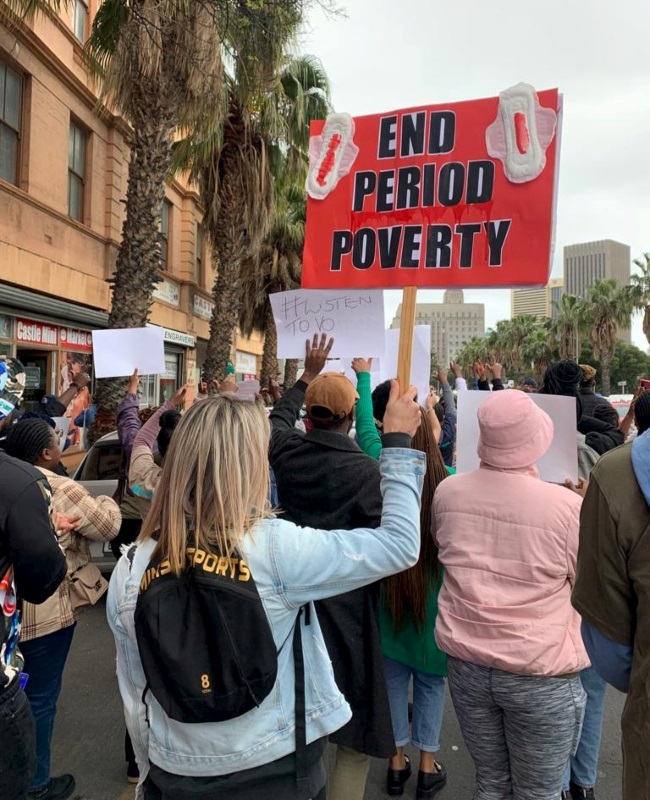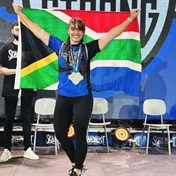
Being a mom to two tween girls means she knows just how crucial access to sexual and reproductive healthcare is. It can decrease teenage pregnancies, reduce the high school dropout rate and prevent sexually transmitted infections.
Yet it’s not always easy for teens to get access to the vital information they need.
And this is precisely why Asonele Kotu has developed a virtual one-stop shop offering health and contraceptive services to young women across SA.
Through her FemConnect website and app, girls and women can speak to accredited healthcare providers to answer questions they’re too afraid to ask. They can also access family planning resources and donate and receive sanitary products.
The app won first place at the 2019 Africa App Challenge and last year Asonele (34) was featured on the BBC’s 100 Women, a global list of inspirational women.
“I couldn’t believe it. I thought it was amazing because we’d gone to the level where we were being recognised beyond our country. It was validating,” she tells YOU.
FemConnect continues to grow and has seen web traffic from China, America, the United Kingdom and West Africa.
But because some girls in SA don’t have access to the internet, Asonele, who lives in Rondebosch, Cape Town, has taken her services to Western Cape schools.
FemConnect hosts interactive workshops and just like on the website and app, girls can ask consultants questions and are told where to access the information and services they need.
READ MORE | Joburg dad goes viral with period hamper he put together for his daughter
Through these school visits, Asonele has discovered there are still many myths and misconceptions around menstruation. In some communities girls are still stigmatised when they have their period.
The talks at schools aim to educate, spread period positivity and end the stigma – but the main mission is to end period poverty. To this end, Asonele has partnered with corporate groups to distribute monthly sanitary pads to more than 1 000 girls in two schools in Nyanga.
The first distribution took place on 24 February and Asonele says the response was overwhelming.
“I learnt there’s so much talent and potential in our communities, but the struggles and social challenges that young people face at home hold them back,” she says.
“This programme goes beyond supplying sanitary products – it’s about building a support system to help youth develop to their highest potential.”
Asonele grew up without much in Khayelitsha and became a menstrual health activist because she didn’t want young girls to go through what she had.
She was raised by her single mom, Cynthia (62), who also took in her cousin Abongile. After buying food and paying off debts, there was little left to purchase sanitary products so Asonele and Abongile converted old, torn clothing into pads.
“My mother kept suitcases of old clothing in our roof and before we knew it, we’d spent a year cutting through a whole suitcase of clothes because there was no money to buy pads,” she recalls.
Despite the challenges, she passed matric and enrolled at the Cape Peninsula University of Technology where she studied retail business management and got a part-time job, using her salary to buy pads for herself and Abongile.
After graduating she worked in public relations where she met her future husband, Darrel Boye-Quaye (41). The couple welcomed their first child, Ivanna, in 2013 and three years later they were “pleasantly surprised” when Asonele discovered she was pregnant again.
When her second daughter, Lianna, was delivered via C-section at a local state hospital, Asonele was told some women have increased fertility after birth. She says she was pressured into choosing between a contraceptive injection, implant or intrauterine device and ended up choosing an implant that was inserted beneath the skin of her upper arm.
“A few months later I started noticing side-effects. I was bleeding excessively and gained 10kg in six months. It was uncomfortable,” she says.
She wasn’t on medical aid and eventually paid a nurse at a pharmacy to remove the implant.
“I realised we put things into our body and don’t even know the side-effects because at that point you think that if you don’t use contraceptives you might fall pregnant,” she says.
“I was just told my options and I didn’t know the side-effects. We’re making uninformed decisions.”
When she was retrenched in 2019, she used the opportunity to do something close to her heart.
“I wanted to focus on contraceptives and help young girls from disadvantaged backgrounds who are struggling to buy sanitary pads,” she says.
“So I thought, ‘Why not create a place where they can get help and find services that are user-friendly?’ ”
Her idea was to create a virtual platform that focuses on women’s health, particularly reproductive health. But she needed money to get the idea off the ground.
She created a business plan for her non-profit organisation (NPO) and entered the 2019 Africa App Challenge, a competition that’s run to help develop digital agencies. Her vision was twofold: she wanted to create an inclusive platform to promote women’s healthcare, and connect girls with medical professionals for free.
“Why is it you can’t access quality healthcare using technology or going to a youth-friendly platform? Why must you have money or medical aid to access those services?” she asks.
“The thinking was, ‘Let’s create this for everybody’.”
After her win, she was given resources to set up the FemConnect app and website. She registered her NPO and enrolled for online training with African Women Entrepreneurs run by the now-defunct DreamGirls Academy, which aimed to upskill young women. The academy also helped her secure funding for the website and app so she could create better versions of both.
The website and app are easy to use. You fill out a questionnaire that helps determine your best family planning options, schedule a virtual consultation with pharmacists accredited by the SA Pharmacy Council, and request or donate sanitary products.
Asonele has dipped into her own pocket to keep the NPO running and says funding remains her biggest challenge.
“What got me through are the partnerships I’ve built,” she says.
One of her partnerships will see the roll-out of a period tracker to the two schools in Nyanga. It will also be available as a feature on the website and app.
“The idea is for them to track their period and understand their bodies. Once you know your cycle you’ll know when you’re fertile and what that means.”
She also plans to extend her workshops to schools in the Eastern Cape, Limpopo, Gauteng and KwaZulu-Natal.
Asonele has her hands full easing the stress of young women who can’t afford sanitary products. With two daughters and another child on the way, she knows how important her work is.
“Everyone should have access to quality healthcare, whether they can afford private healthcare or not,” she says.




 Publications
Publications
 Partners
Partners




















